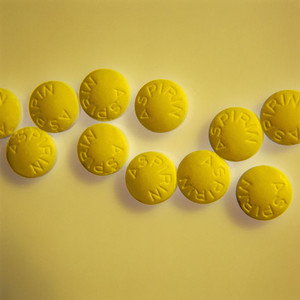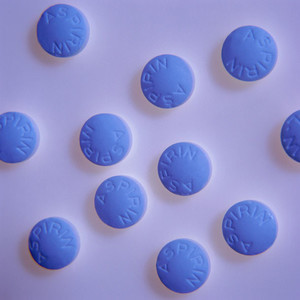As reported by Scrip on 25 January 2010, India has urged the World Health Organization (WHO) to ‘clearly promote’ generic drugs as a strategy for rational drug use.
India urges WHO to ‘clearly promote’ generics
Generics/News
|
Posted 18/02/2010
 0
0

The country's suggestions formed part of Health Secretary Kanuru Sujatha Rao's comments on the organisation's report on the progress towards achieving the Millennium Development Goals at the ongoing executive board meeting of the WHO in Geneva.
India also emphasised that only the WHO had the credibility to withstand the ‘persuasive power’ of branded and patented drugs. It has urged all countries to promote access to medicines and to not confuse the issue of counterfeits, which is an issue of intellectual property (IP) rights, with that of safe and efficacious generics.
India's comments are seen to have wider implications in the backdrop of the recent controversial seizures of Indian generic consignments by the EU and the contentious definition of counterfeits proposed by the International Medical Products Anti-Counterfeiting Taskforce (IMPACT).
Dr Dilip Shah, Secretary General of the Indian Pharmaceutical Alliance (IPA), said that India was rightly trying to bring back the focus in the WHO on access to medicines. "The WHO should indeed be concerned only about access and safety, efficacy and quality of medicines. The enforcement and protection of IP rights is not the role of the WHO. There are other agencies to do these jobs", Dr Shah told Scrip.
Dr Shah believes that India's suggestion will get support from other developing countries and force the WHO to rethink on "what it is doing (IMPACT) or not doing enough (on seizure of medicines in transit by the EU)". Besides opposing IMPACT's proposed definition for the lack of conceptual clarity, among others, the IPA has also claimed that the funding, membership and housing of the taskforce in the WHO lacks transparency, and that partial financing by certain groups representing intellectual property owners raises questions about conflict of interest.
India is also said to be moving towards filing a formal complaint with the World Trade Organization (WTO) against ‘illegal’ seizures of Indian consignments of generic medicines transiting through Europe. There was a spate of such seizures in 2009 involving Indian companies, including Macleods Pharmaceuticals, Dr Reddy's Laboratories, Ind-Swift, Aurobindo Pharma and Cipla, over alleged violations of IP rights. The Indian industry has claimed that such seizures made in the guise of protecting public health were actually depriving the people of developing countries of legitimate generic medicines.
Reference:
Anju Ghangurde. India urges WHO to promote generics. Scrip News. 2010 January 25.
Source: Scrip News
Research
Japan’s drug shortage crisis: challenges and policy solutions
Saudi FDA drug approvals and GMP inspections: trend analysis
The best selling biotechnology drugs of 2008: the next biosimilars targets








